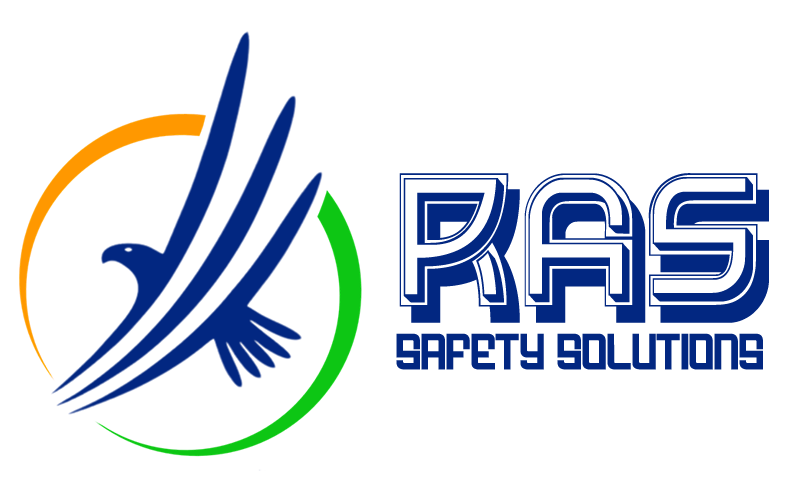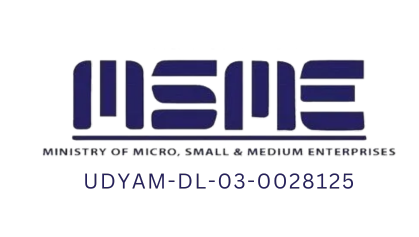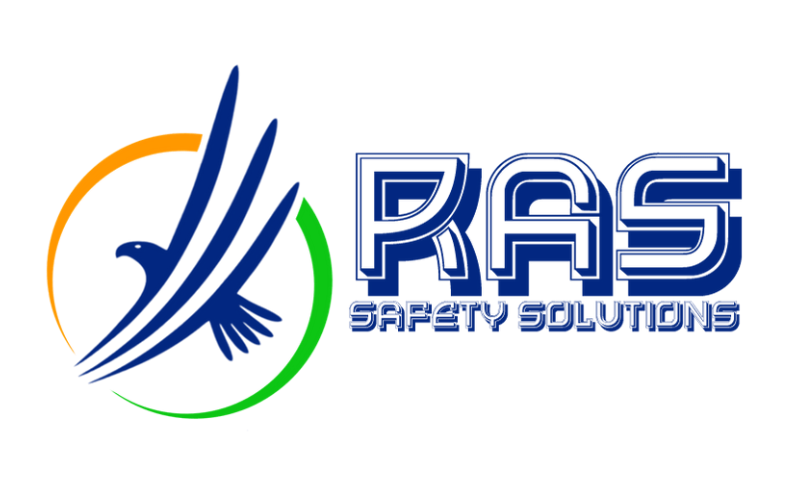
RIGGING SUPERVISOR TRAINING
Overview:
The Rigging Supervisor Training course is designed to provide participants with the essential knowledge and skills to effectively supervise rigging operations. This course covers the key functions and responsibilities required of a Rigging Supervisor, ensuring they meet the minimum formal training and assessment standards necessary for certification according to local safety regulations. The training combines theoretical knowledge with practical exercises to ensure that participants are fully equipped to manage rigging operations safely and efficiently.
Key Contents:
-
Introduction to Rigging Supervision
- Roles and Responsibilities of a Rigging Supervisor
- Overview of Rigging Operations and Industry Applications
- Understanding the Importance of Rigging Safety and Compliance
- Certification Requirements and Local Safety Standards
-
Rigging Equipment and Tools
- Types of Rigging Equipment: Slings, Shackles, Hoists, Pulleys, and More
- Selection Criteria for Rigging Equipment Based on Load and Environment
- Proper Use and Handling of Rigging Tools and Accessories
- Inspection and Maintenance of Rigging Equipment
- Safe Working Load (SWL) and Load Angle Considerations
-
Rigging Techniques and Practices
- Basic Rigging Principles and Techniques
- Advanced Rigging Methods for Complex Lifts
- Safe Load Handling and Movement
- Techniques for Rigging Unusual or Asymmetrical Loads
- Controlling and Directing Loads Safely During Lifting Operations
-
Safety Standards and Regulatory Compliance
- Overview of Local Safety Regulations and Standards for Rigging
- Legal Requirements for Rigging Operations and Supervision
- Risk Assessment and Management in Rigging
- Developing and Implementing Rigging Safety Procedures
- Importance of Documentation and Record-Keeping
-
Rigging Planning and Execution
- Developing Rigging Plans and Lift Plans
- Calculating Load Weights, Center of Gravity, and Balance
- Selecting the Right Rigging Equipment for Specific Jobs
- Coordinating Rigging Operations with Other Teams (e.g., Crane Operators)
- Troubleshooting and Problem-Solving During Rigging Operations
-
Leadership and Team Management
- Effective Supervision and Leadership Techniques
- Communication Skills for Coordinating Rigging Teams
- Training and Mentoring Riggers and Other Crew Members
- Conflict Resolution and Decision-Making on the Job Site
- Ensuring Compliance with Safety Procedures Among Team Members
-
Emergency Preparedness and Response
- Developing Emergency Response Plans for Rigging Operations
- Supervising Emergency Procedures and Rescue Operations
- First Aid and Immediate Response Techniques in Rigging Scenarios
- Post-Incident Analysis and Reporting
-
Practical Exercises and Assessment
- Hands-On Training in Rigging Techniques and Equipment Use
- Real-World Scenarios and Case Studies for Rigging Supervision
- Practical Exercises in Developing and Executing Rigging Plans
- Assessment of Competence in Rigging Supervision
- Feedback and Coaching to Enhance Skills
Course Duration:
-
Basic Level: 3 Days (24 Hours)
- Comprehensive training that covers the foundational aspects of rigging supervision, including safety standards, equipment use, and basic rigging techniques. Suitable for new supervisors or those seeking certification.
-
Advanced Level: 5 Days (40 Hours)
- In-depth training that delves into advanced rigging techniques, complex lifting scenarios, and leadership skills. Designed for experienced rigging supervisors looking to deepen their expertise and ensure compliance with the highest safety standards.
Learning Outcomes:
-
Thorough Understanding of Rigging Equipment: Participants will gain knowledge of various rigging tools and equipment, including their proper selection, use, and maintenance.
-
Proficiency in Rigging Techniques: Learners will develop the skills to apply both basic and advanced rigging techniques safely and effectively.
-
Expertise in Safety Standards and Compliance: Attendees will understand the local safety regulations and standards, ensuring that all rigging operations comply with legal requirements.
-
Competence in Rigging Planning and Execution: Participants will be able to develop detailed rigging plans, calculate load requirements, and oversee the safe execution of rigging operations.
-
Effective Supervision and Leadership: The course will equip participants with the leadership skills necessary to manage rigging teams, resolve conflicts, and ensure adherence to safety protocols.
-
Preparedness for Emergencies: Delegates will learn how to develop and implement emergency response plans, ensuring swift and effective action in case of accidents or emergencies.
By the end of this training, participants will be fully qualified to perform their roles as Rigging Supervisors, ensuring that all rigging operations are conducted safely, efficiently, and in compliance with local safety standards.


